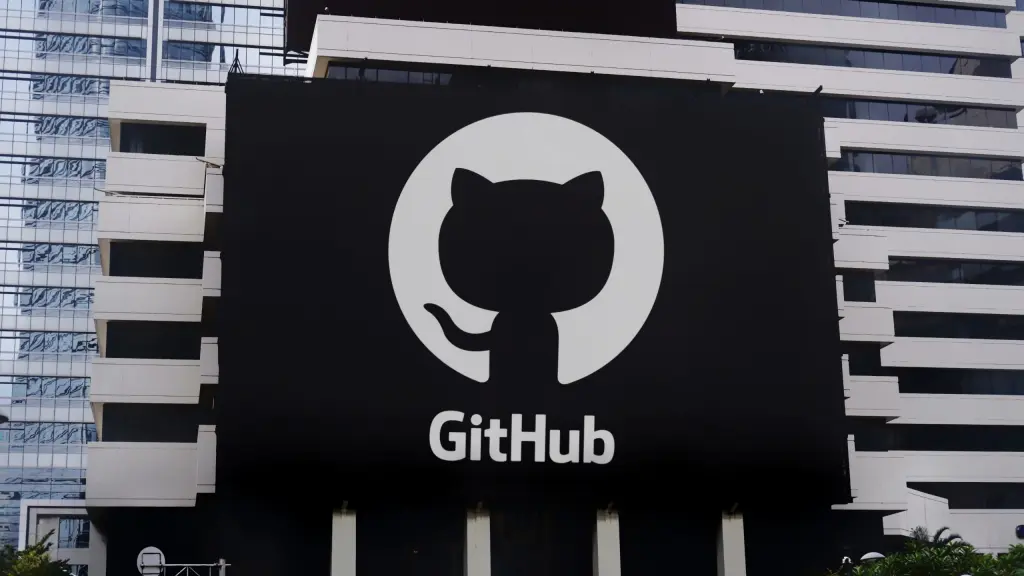GitHub CEO Thomas Dohmke highlighted the importance of retaining manual coding skills as AI tools become prevalent in software development.
In an appearance on “The MAD Podcast with Matt Turck,” Dohmke said that developers need the ability to modify AI-generated code to prevent productivity issues.
Dohmke described an effective workflow where AI tools generate code and submit pull requests. Developers can make immediate adjustments using their programming skills.
He warned that depending solely on automated agents could lead to inefficiencies. For instance, spending too much time explaining simple changes in natural language instead of editing the code directly.
“The worst alternative is trying to figure out how to provide feedback or prompt to describe in natural language what I already know how to do in programming language,” Dohmke said.
Additionally, Dohmke discussed “vibe coding,” a term introduced by OpenAI cofounder Andrej Karpathy to describe excessive reliance on AI-generated code.
🔗 Source: The Times of India
1️⃣ The hybrid approach emerges as AI coding’s winning formula
GitHub CEO Thomas Dohmke’s perspective aligns with a growing industry consensus that the most effective AI coding strategy combines automation with human programming skills.
This approach is supported by Deloitte’s research showing that developers are using AI tools primarily for specific tasks like writing boilerplate code while maintaining human oversight, enhancing productivity by 10-20 minutes daily 1.
The “trust and verify” strategy is becoming standard practice as research indicates approximately half of AI-generated code contains partial errors, highlighting the continued need for human expertise 2.
Google’s experience mirrors this hybrid model, with the tech giant reporting that over 25% of its code is now AI-generated but still requiring significant human review and refinement 2.
This balanced approach reflects a maturing understanding of AI’s capabilities and limitations in software development, suggesting that the most successful implementations will be those that augment rather than replace developer expertise.
2️⃣ Developer roles are evolving, not disappearing
Rather than eliminating programming jobs, AI is transforming developers from pure coders into orchestrators of AI-assisted development processes.
Industry experts predict that the developer role will bifurcate into two main categories: product engineers who leverage AI for code generation and high-coding architects who ensure the quality and security of software systems 3.
This evolution requires new skills focused on strategic problem-solving, instructing AI effectively, and making high-level design decisions rather than writing every line of code manually 4.
The continued shortage of software engineers, coupled with research showing that AI tools are particularly beneficial for junior developers, suggests that AI will help bridge the talent gap while creating new opportunities for experienced programmers 5, 1.
This transformation aligns with historical patterns in software development where new tools and abstractions change how developers work without eliminating the need for human ingenuity.
3️⃣ “Vibe coding” reveals the productivity-quality paradox
The emerging “vibe coding” approach demonstrates both the promise and limitations of AI-generated code, particularly for startups and complex projects.
While AI tools enable rapid prototyping and iterative development that aligns with agile methodologies, they also raise significant concerns about code quality, security vulnerabilities, and maintainability 6, 7.
Real-world incidents have illustrated the dangers of over-reliance on unverified AI-generated code, particularly regarding security issues that may not be immediately apparent 7.
This tension is particularly relevant for startups, as non-technical founders may struggle to build sustainable, complex systems using primarily AI-generated code, potentially creating technical debt that hampers future growth 2.
The experience of established tech companies suggests that successful AI integration requires balancing automation with rigorous quality assurance processes, a lesson that may prove critical for smaller organizations navigating the vibe coding trend.
